In the hustle and bustle of surgeons' daily schedules, there are certain moments that resonate as pivotal experiences that changed their careers.
Seven spine surgeons discuss experiences that greatly impacted their careers.
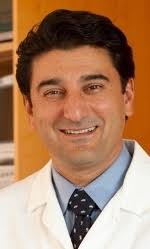 1. "When I was given the opportunity to start my career at UCLA, I felt like all that work I had put in for my education and training had paid off! I was given an incredible platform at UCLA, to do the best I can, with what I had learned to that point in my career and be able to 'just take care of patients' as my late mentor Dr. Ed Dawson emphasized."
1. "When I was given the opportunity to start my career at UCLA, I felt like all that work I had put in for my education and training had paid off! I was given an incredible platform at UCLA, to do the best I can, with what I had learned to that point in my career and be able to 'just take care of patients' as my late mentor Dr. Ed Dawson emphasized."
Nick Shamie, MD, of Ronald Reagan UCLA Medical Center
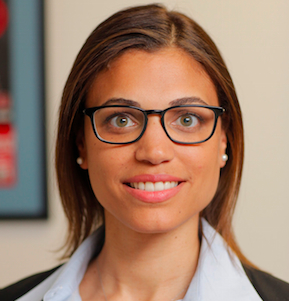 2. "The moment that changed my career was when I became director of communications for orthopedic quality and patient safety. This position has allowed me to help improve the delivery of spine care to patients during their whole patient encounter including pre-operative risk assessment, maximizing intra-operative safety and speeding their post-operative recovery. With an inter-departmental team approach, I have helped to increase patient satisfaction and decrease complications. Through surgery, I can help one patient at a time, but in this position, I can help to improve the outcomes of all spine patients (and all orthopedic surgery patients) at my institution."
2. "The moment that changed my career was when I became director of communications for orthopedic quality and patient safety. This position has allowed me to help improve the delivery of spine care to patients during their whole patient encounter including pre-operative risk assessment, maximizing intra-operative safety and speeding their post-operative recovery. With an inter-departmental team approach, I have helped to increase patient satisfaction and decrease complications. Through surgery, I can help one patient at a time, but in this position, I can help to improve the outcomes of all spine patients (and all orthopedic surgery patients) at my institution."
Charla R. Fischer, MD, of Columbia Orthopaedics
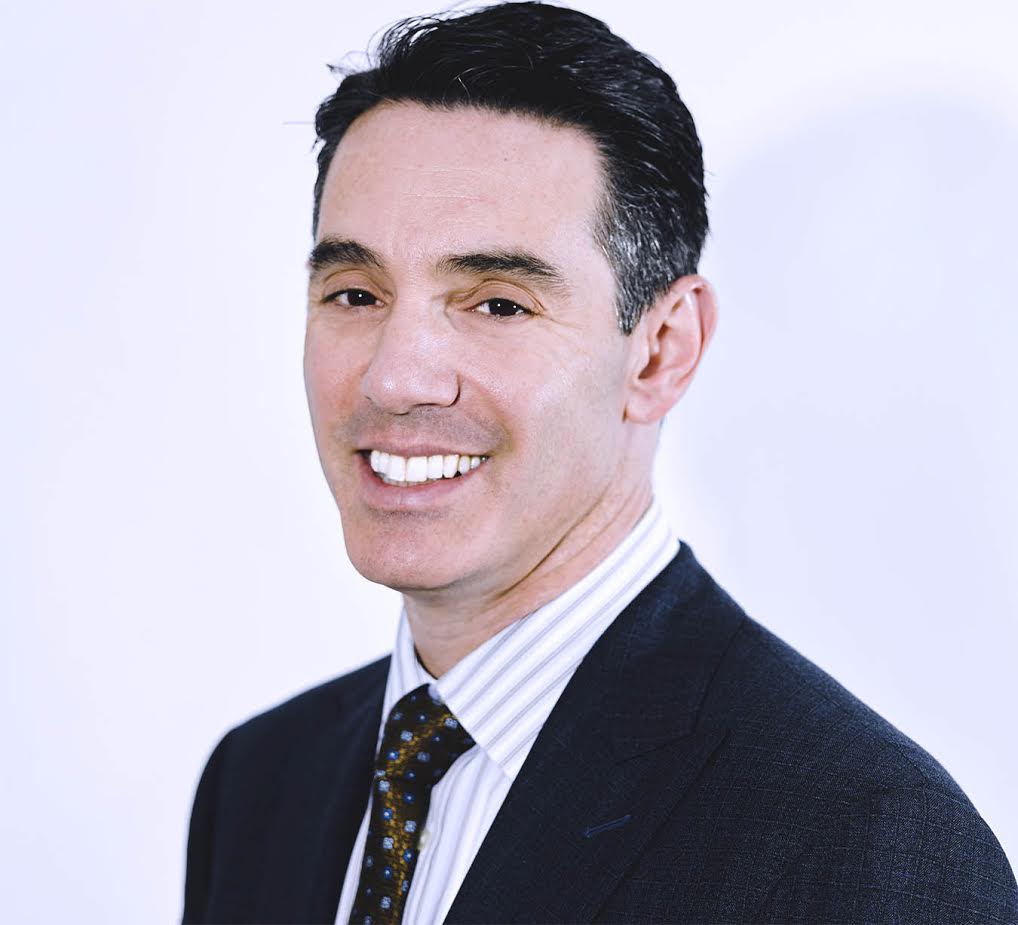 3. "My first year in practice I took care of a 17-year-old who broke his neck and was paralyzed playing touch football. I operated on him right away and he made a complete recovery. When he walked into the office two weeks later with his mother, he thanked me for saving his life. I knew I had chosen the right career."
3. "My first year in practice I took care of a 17-year-old who broke his neck and was paralyzed playing touch football. I operated on him right away and he made a complete recovery. When he walked into the office two weeks later with his mother, he thanked me for saving his life. I knew I had chosen the right career."
Richard Nachwalter, MD, of Atlantic Spine Specialists in Morristown, N.J.
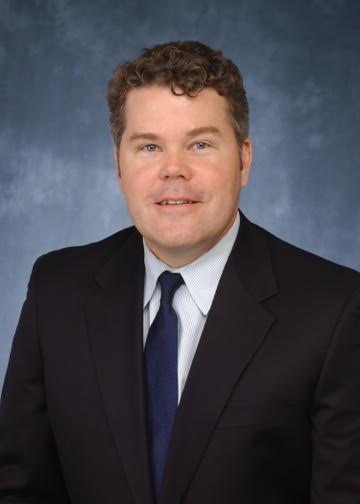 4. "When I first started out in practice, I did all aspects of pediatric orthopedics, but the satisfaction of impacting a life by correcting a teenage patient's spinal deformity is what made me gravitate toward being a spine surgeon. Many of these patients have low self-esteem because of their deformity, so watching them overcome their body image issues and succeeding in their endeavors is what makes all of those hours of hard work worthwhile."
4. "When I first started out in practice, I did all aspects of pediatric orthopedics, but the satisfaction of impacting a life by correcting a teenage patient's spinal deformity is what made me gravitate toward being a spine surgeon. Many of these patients have low self-esteem because of their deformity, so watching them overcome their body image issues and succeeding in their endeavors is what makes all of those hours of hard work worthwhile."
Greg White, MD, Herbert J. Louis Center for Pediatric Orthopedics at Phoenix Children's Hospital
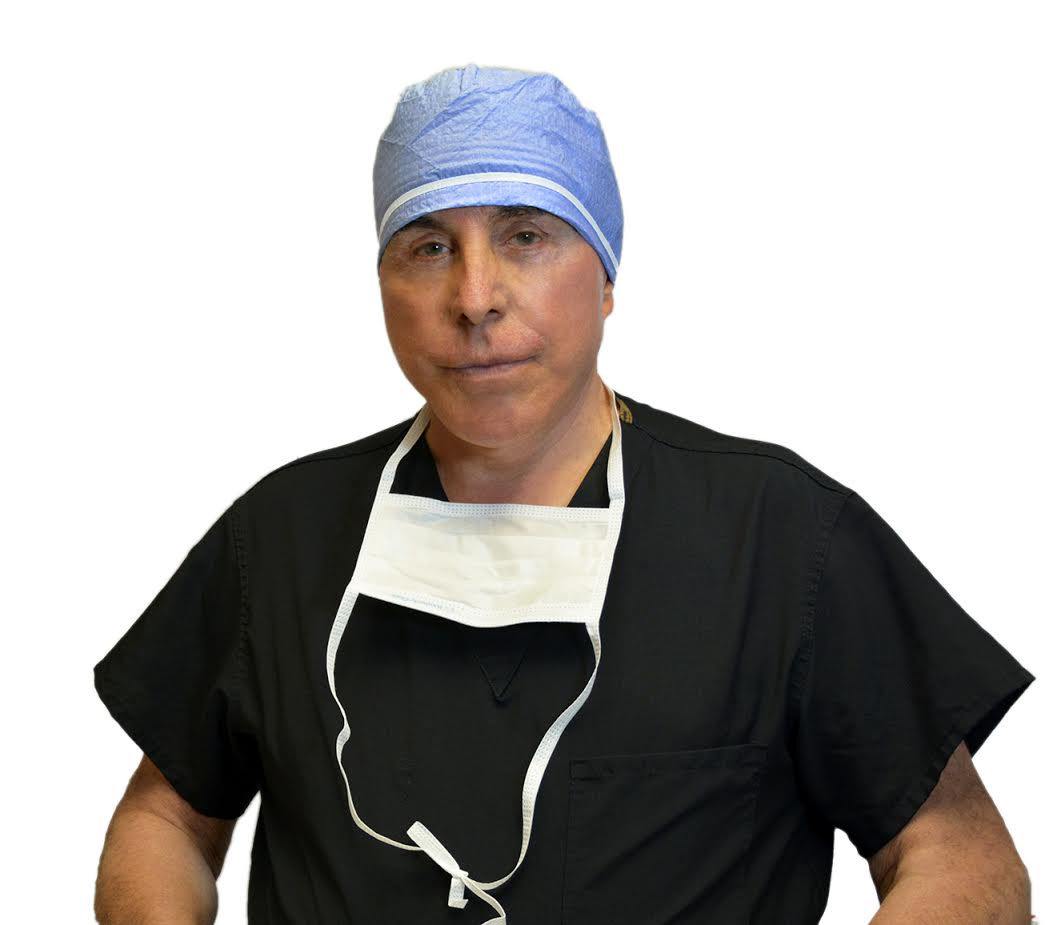 5. "Many moments changed my career, but the most impactful moment that comes to mind is when I envisioned the possibilities to target the spine using a tube. Then, I created progressively dilated sizing of the tube, up to 14 millimeters in diameter, which allows us to get inside of the spine in a targeted fashion. This changed not only my career but it changed the way the spine will be treated in the future as open spine surgeries once performed in hospitals are relocating to ambulatory surgical centers using this new method. Our exclusive procedures and vast experience has no comparison with procedures performed today that leave patients with poor results."
5. "Many moments changed my career, but the most impactful moment that comes to mind is when I envisioned the possibilities to target the spine using a tube. Then, I created progressively dilated sizing of the tube, up to 14 millimeters in diameter, which allows us to get inside of the spine in a targeted fashion. This changed not only my career but it changed the way the spine will be treated in the future as open spine surgeries once performed in hospitals are relocating to ambulatory surgical centers using this new method. Our exclusive procedures and vast experience has no comparison with procedures performed today that leave patients with poor results."
Alfred O. Bonati, MD, The Bonati Spine Institute in Hudson, Fla.
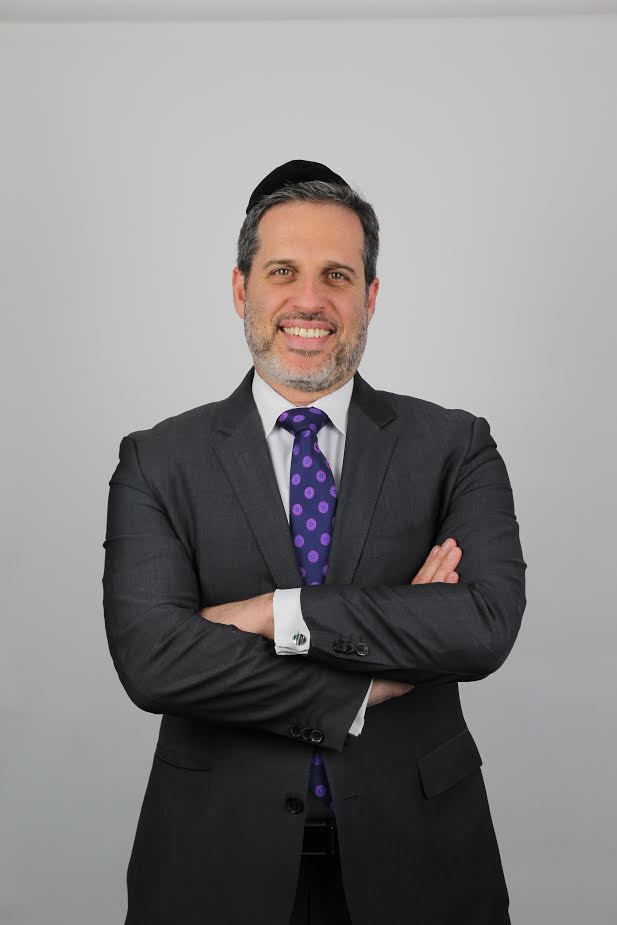
6. "The beginning of our private practice in the area of spinal surgery where we took on the brunt of the clinical as well as the financial and managerial aspects of a practice. Secondly, the introduction of the robotic platform to spinal surgery has been a game changer. We are looking forward to advancing robotics to become the standard of care for spinal pathologies.
Jonathan Lewin, MD, of The Center for Musculoskeletal Disorders in Englewood, N.J.
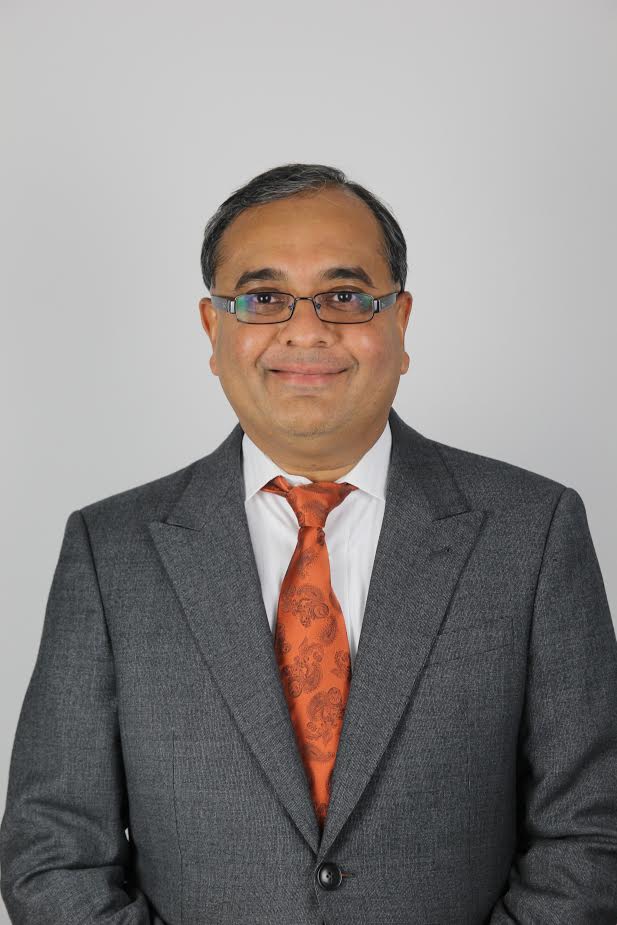
7. "What changed my career was the way I approached or thought about the spine. I previously believed that the only way to do complete spine surgery was by visualizing the spine through a maximally invasive traditional open method. Joining Brooklyn Premier Orthopedics and Center for Spinal Disorders and achieving the same complete spine surgery through a minimally invasive approach, and now using a spine surgery robot, has exposed me to a whole new world of possibilities of improving patient care. It has led me to a very exciting stage in my career which I am eager to expand into newer vistas."
Vagmin Vora, MD, of The Center for Musculoskeletal Disorders in Englewood, N.J.
More spine news:
ABC15 Arizona invites Dr. David Fusco to speak on spine health: 4 notes
Ohio State Wexner Medical Center receives $2.2M grant for SCI model system: 6 highlights
Revision scoliosis surgery: Does BMI affect outcomes? 5 key notes


